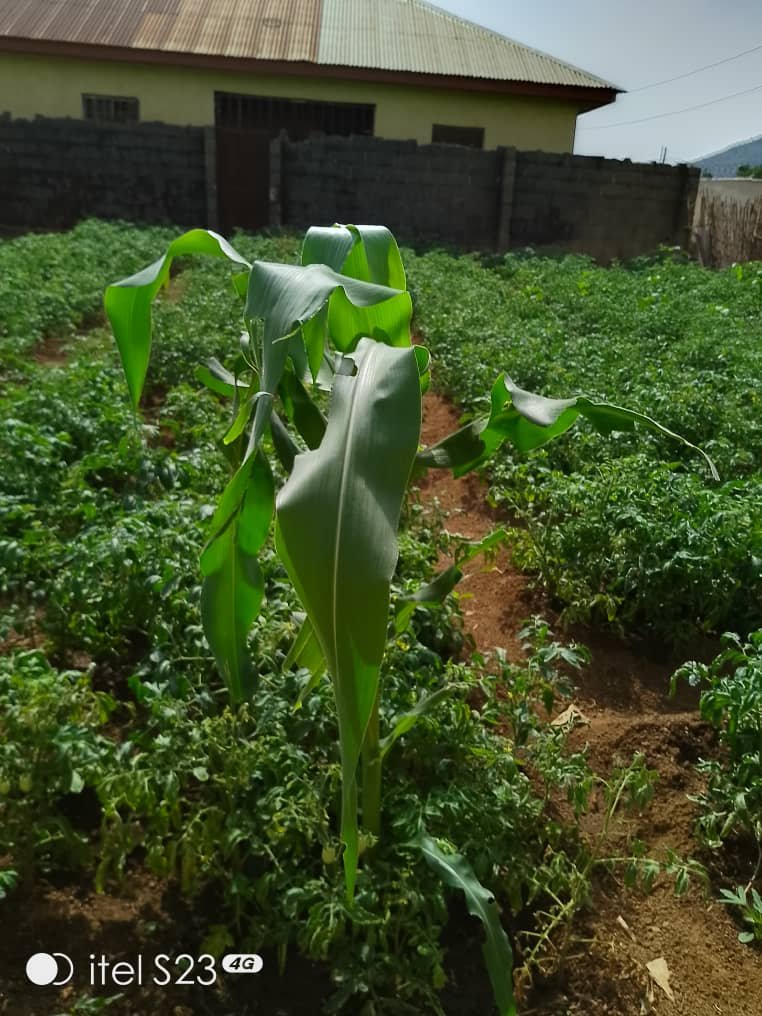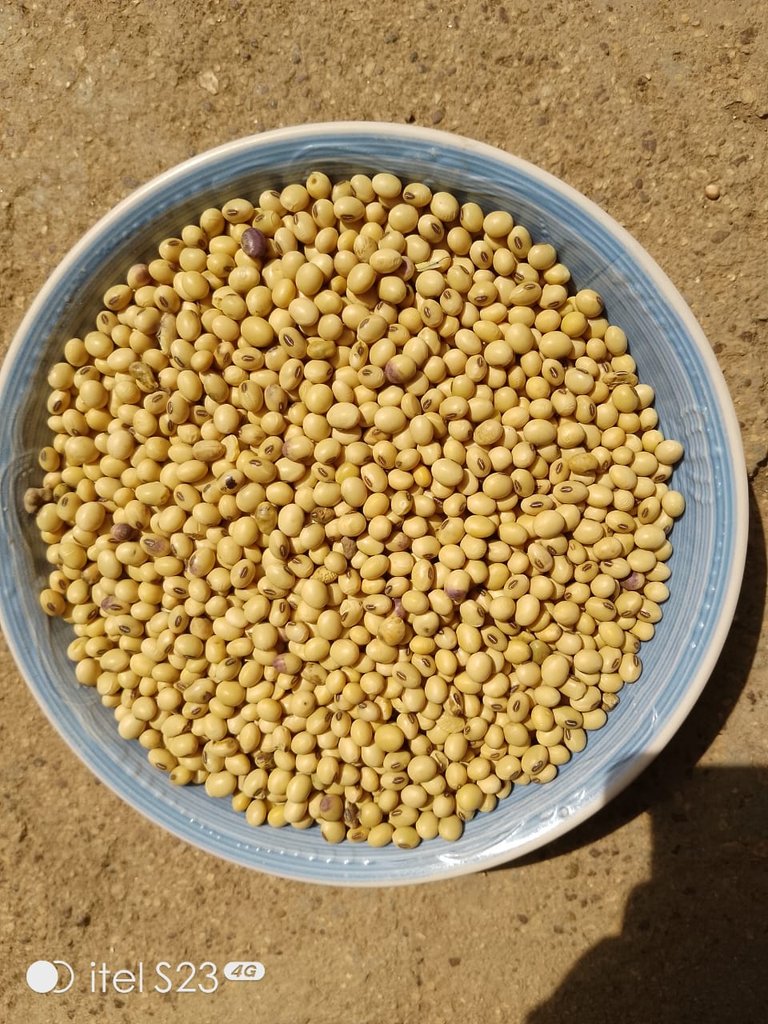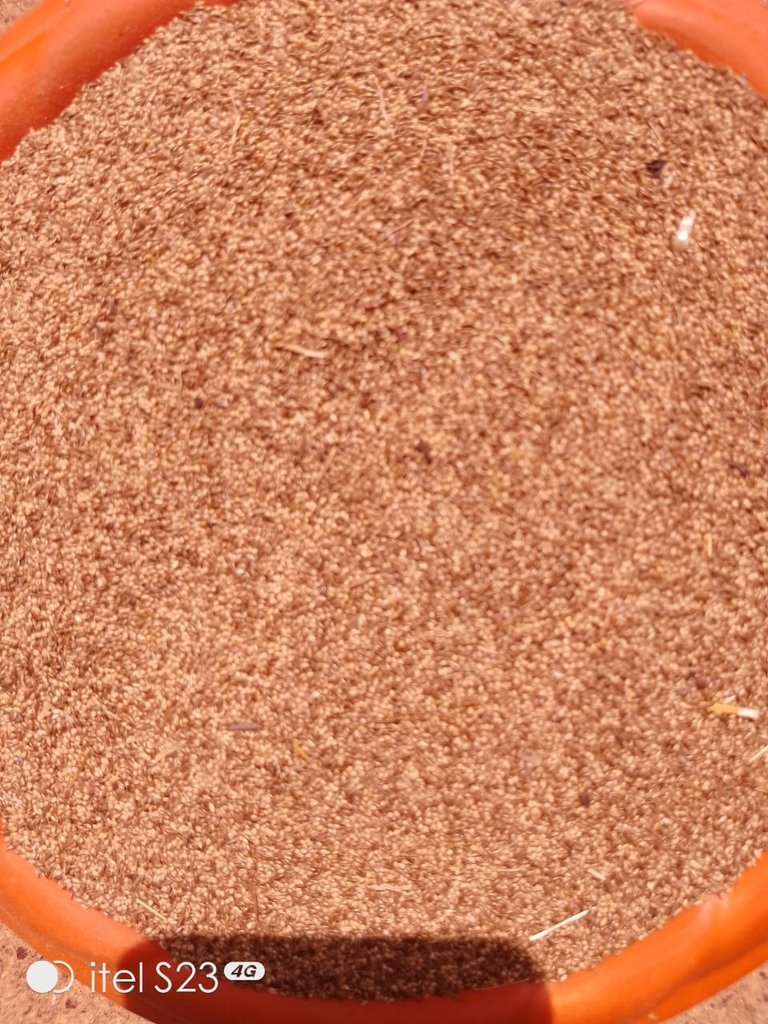Sustainable farming practices in Nigeria: effects of insecurity and inadequate funding for farmers.
Different states across the country cultivate a variety of food crops, including cereals, fruits, vegetables, root crops, and cash crops like rubber, palm oil, and cocoa. Most farmers across the country are small-scale farmers who rely on the use of traditional methods for the cultivation of food crops, primarily for personal consumption rather than making a profit. There are quite a number of large-scale farmers who use modern-day technology for cultivation.

Despite the abundance of fertile land in the country, the lack of support from the government has made it quite difficult to carry out large-scale farming practices. The Bank of Agriculture, which was established with the sole aim of giving out credit loans and other financial support to the farmers in the country, has not been able to fulfil its main responsibility either due to inadequate funds or mismanagement of funds.
Due to corruption, favouritism by those in charge of helping the farmers who only think about their friends and families and ignore the many sincere farmers who truly need the support, and the diversion of resources for personal gain, even government policies designed to aid in the distribution of farm materials and equipment at subsidised rates have proven ineffective.
Being an indigene of Plateau State, Nigeria, the state is known for its fertile soil, favourable weather, and diverse agricultural activity. For us, farming is not just an occupation but more like a tradition. Most households actively participate in agricultural practices, from crop to livestock farming, either for personal consumption or for commercial purposes.

Soybeans

Paddy rice

Raw Acha (fonio)
Most of the food I consumed while growing up and up to date, I got directly from the source. My family engages in not only seasonal farming but also all-year round farming practices that are both rainy season and dry (irrigation) season farming practices. Food crops such as maize, guinea corn, rice, acha (fonio), beans, soybeans, vegetables such as tomatoes and Irish potatoes, and sweet potatoes are the common crops grown on our farmland for our own consumption, with the exception of tomatoes, which are mostly for commercial purposes. Engaging in these farming activities has made it possible for us to always consume fresh food.

This is one of our farmlands, where we cultivated tomatoes. The cactus and dried maize stalk serves as a barrier to prevent domestic animals from gaining access into the farm. Throughout the growing season, tomatoes require regular watering, preferably in the mornings and evenings. This is to allow for better growth and also reduce the risk of fungal diseases such as tomato blight.
However, the recent attacks by herdsmen have led to displacement and loss of lives and property, resulting in insecurity in some parts of the state. This has greatly affected the farming activities in the state, especially large-scale production. Many farmers in the affected areas have been forced to abandon their farms for fear of being killed while on the farm. This has disrupted the production of food crops in the state and also resulted in the high cost of food, especially for those buyers who come from other states.
ALL IMAGES ARE MINE.
Thank you for coming to my blog🤗, please kindly leave a comment.
https://inleo.io/threads/view/leogrowth/re-leothreads-yjafbwld
Posted Using InLeo Alpha
You're right. We need farming to survive as a nation. We must nnot go hungry with abundance of arable farmlands. It's good to know most food you consumed while growing up were from ththe source
Thank you for your time, I'm grateful.
Congratulations @didiyilji! You have completed the following achievement on the Hive blockchain And have been rewarded with New badge(s)
Your next target is to reach 600 comments.
You can view your badges on your board and compare yourself to others in the Ranking
If you no longer want to receive notifications, reply to this comment with the word
STOPCheck out our last posts: